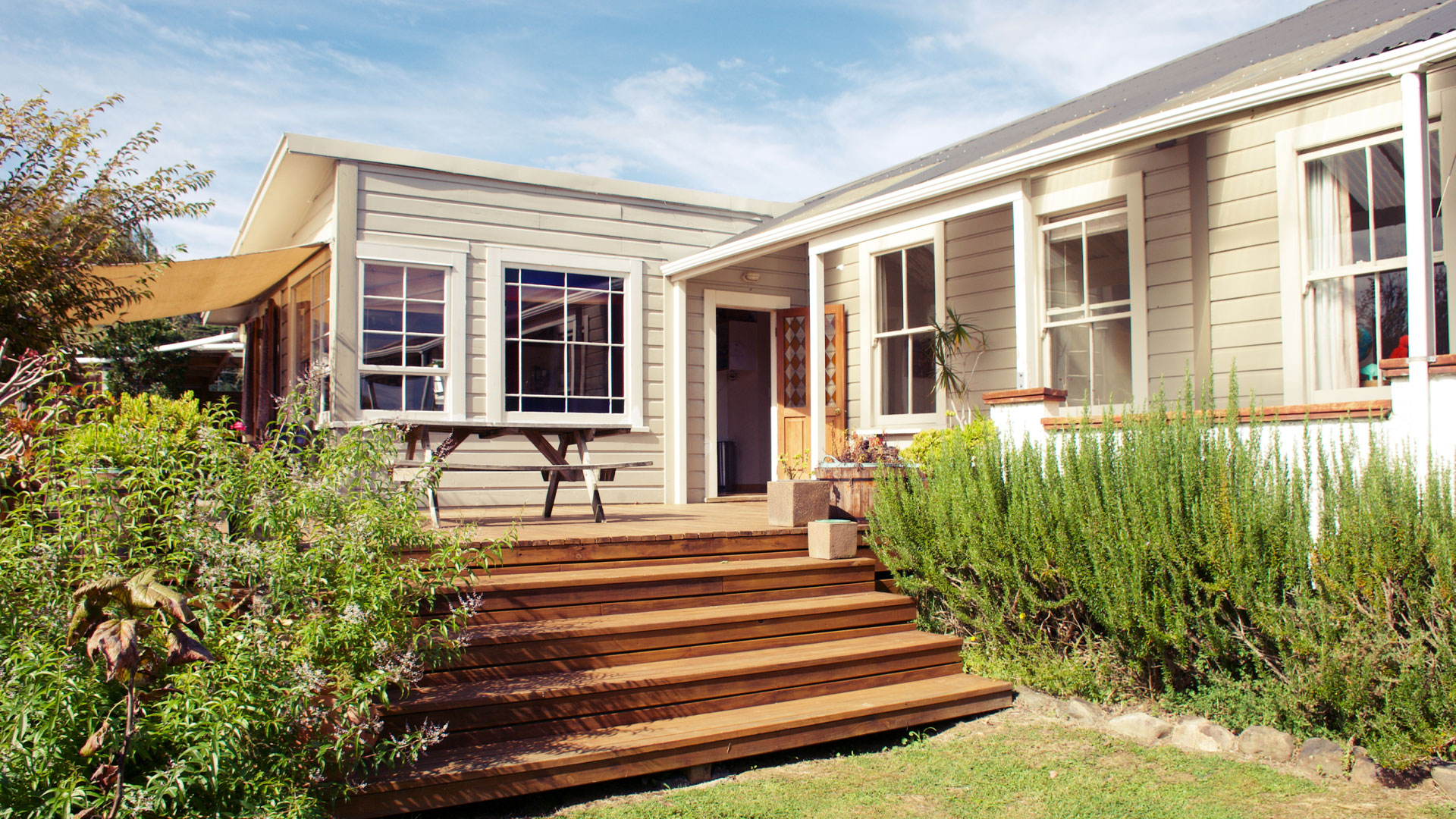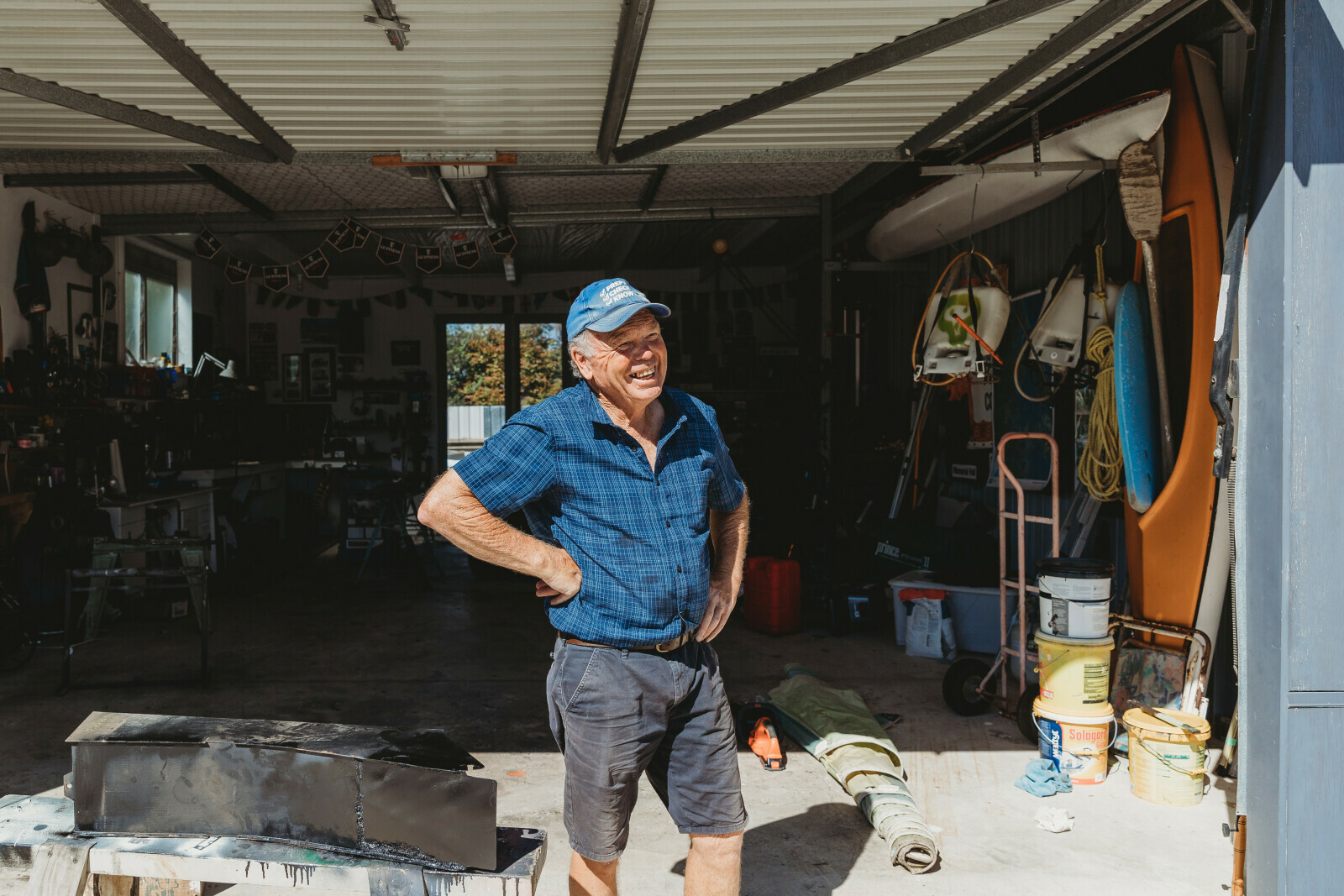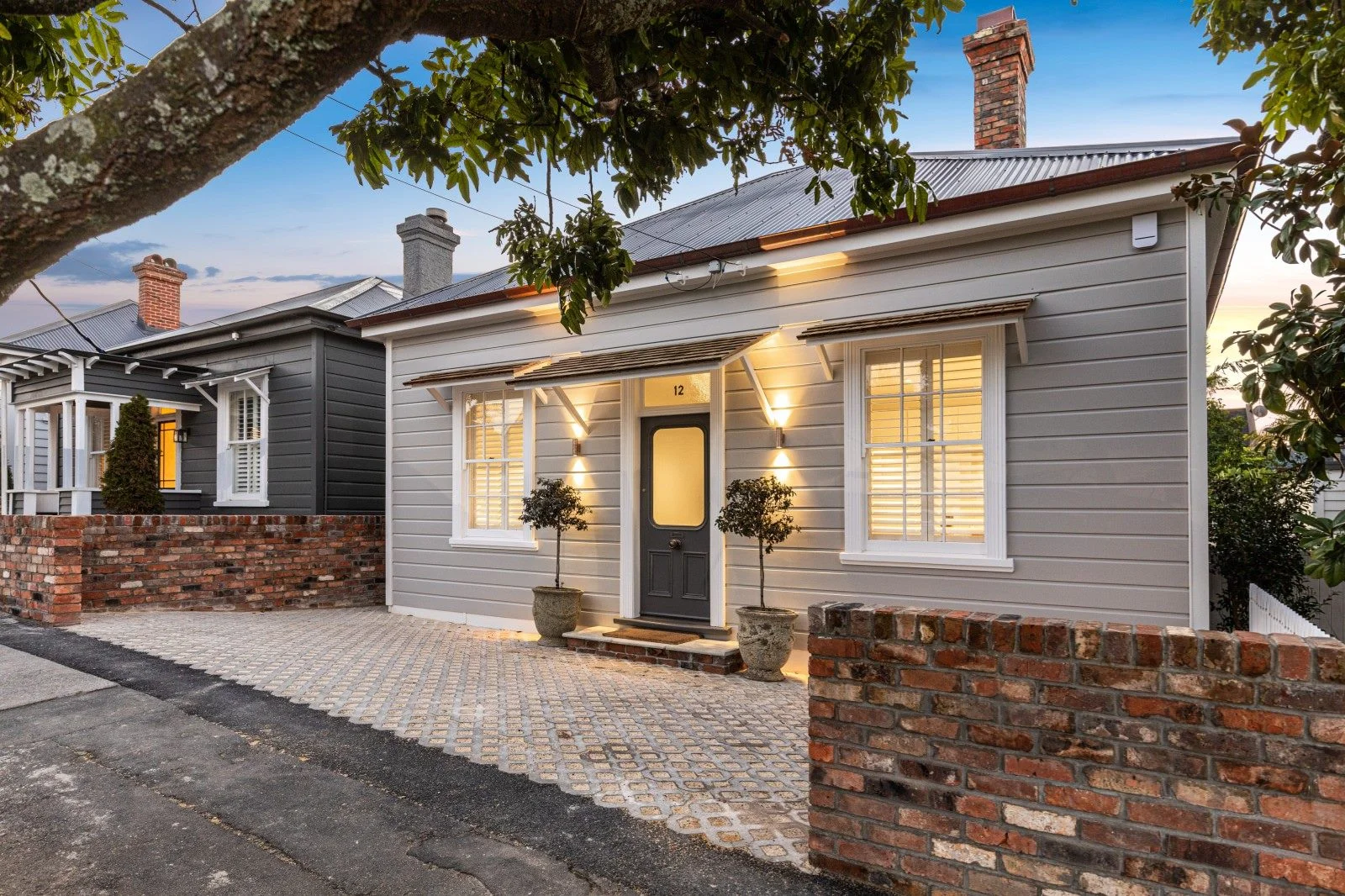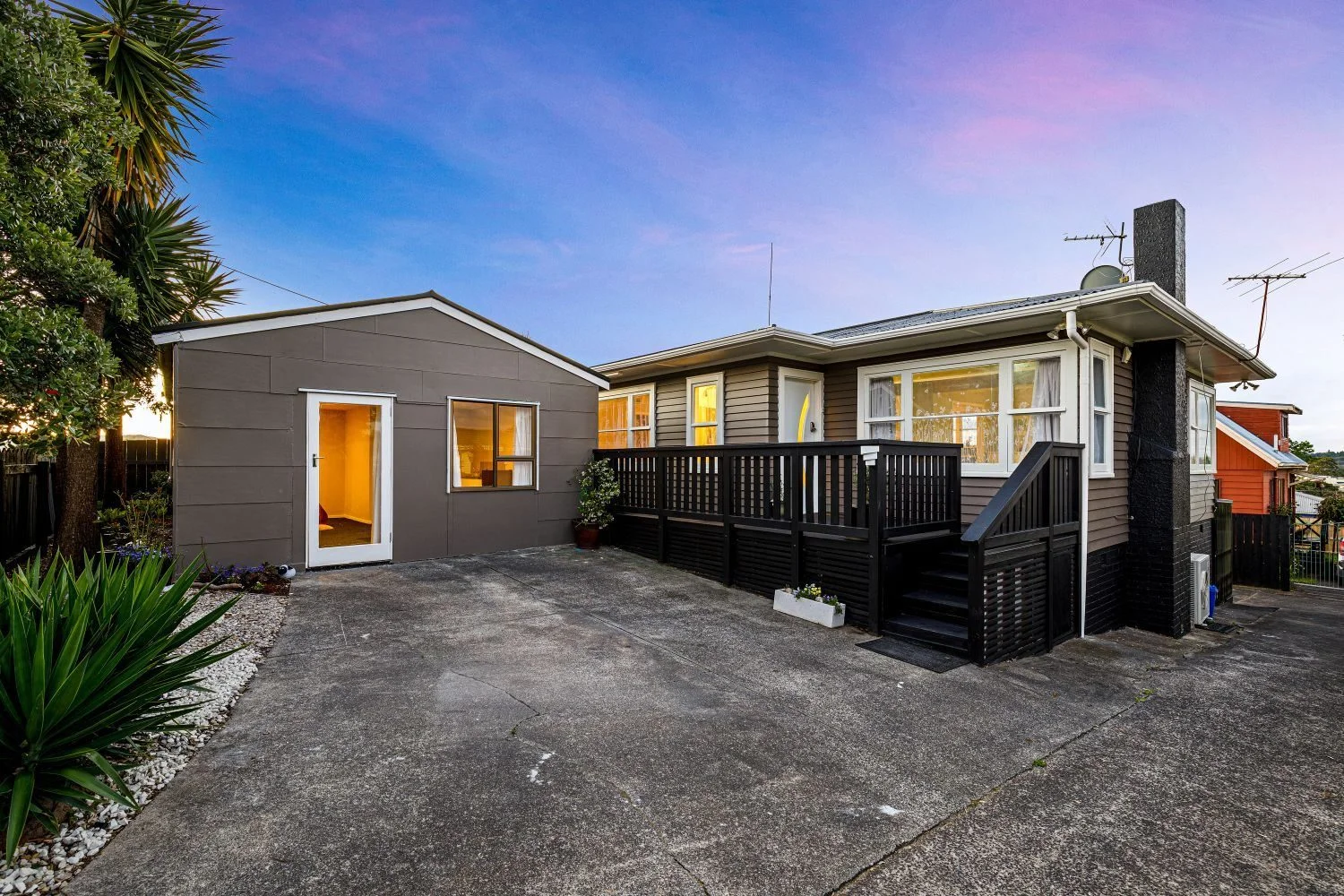Buying guide
Property investment NZ: Everything you need to know (2024)
Build your wealth the old fashioned way

Why property investment?
Getting finance is one of the most important parts of any investment property journey.
Sorting your investment property home loan
Minimum deposit for investment properties in NZ
A good property lawyer will make it much easier to buy the right place.
Get your team together
Choosing a property
Townhouses can make a great investment.
Type of property
Start searching for a property
Before you make an offer
Where will your next investment be?
Making an offer
Author
Search
Other articles you might like

.jpg)

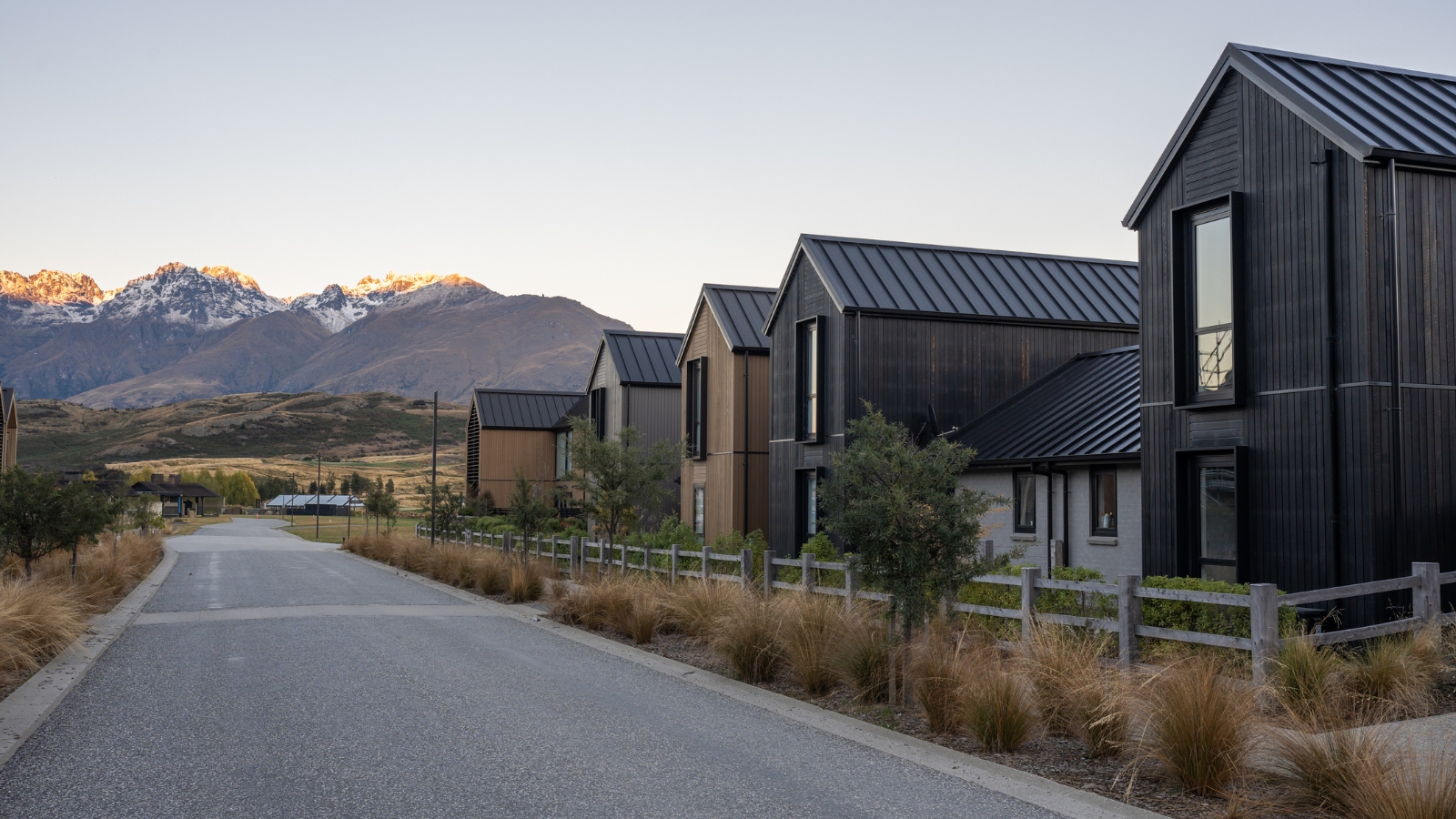
.jpg)
